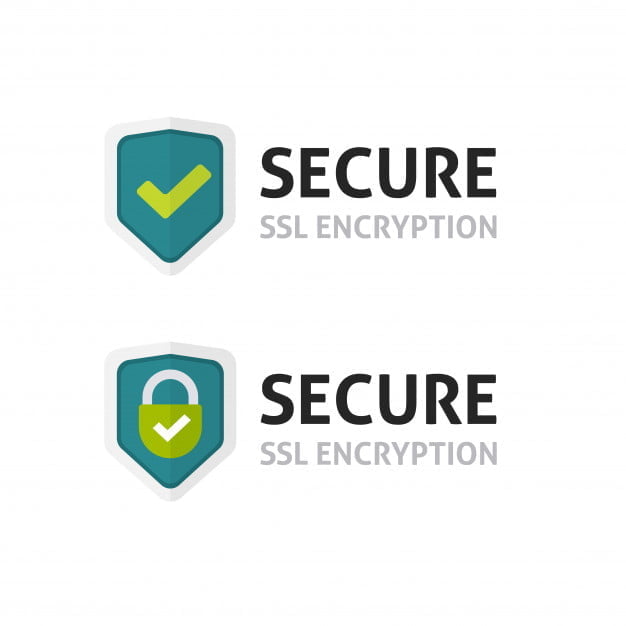12 Cybersecurity Tips for Small Businesses
by Mashum Mollah Business Security Systems Published on: 17 January 2020 Last Updated on: 28 August 2023

Small business owners have a notion that because of the size of their business, hackers will be least interested in them. This is not usually the case. In the recent past, there has been a significant number of cyber-attacks on small businesses that have left them with huge losses. So, this has emerged as an issue that should never be taken lightly. Small businesses must install perfect mechanisms that will go a long way in protecting themselves against cyberattacks. Tentacle co is one such platform that can help you mitigate such risks.
This article explains eleven tips that, when implemented, can play a significant role in achieving this.
Here are 12 Cybersecurity Tips for Small Businesses:
1. Regularly Update Your Software and Firmware
Vulnerabilities will always develop in computer software. Developers are always on their toes to release new patches that will rectify such vulnerabilities. Therefore, you must make such updates when they arrive and ensure that your software is 100% up to date. You can achieve this by implementing automatic updates or periodically carrying out manual updates.
2. Install an SSL certificate

Installing SSL certificates encrypt all the data that is transferred between your website and the users of your website. This encryption makes it hard for hackers to read and understand the kind of information that is being transferred. An SSL certificate is, therefore, a vital security tool that businesses ought to install. The good news is that SSL certificates are highly affordable for all types of business and you can consider the Comodo SSL certificate – a kind of perfect SSL certificate that you can use. Another great example of a security certification is the SOC-2, if you receive SOC 2 certification you’ll show customers and prospects that your security practices protect their data.
3. Install Robust Firewalls
A firewall protects a business and all its information against access from malicious or unauthorized individuals. Firewalls are, therefore, an extra security measure that can have a vital role in protecting your business. Small businesses should invest in next-generation firewalls to add extra security layers to their data and information. It filters the incoming traffic and saves the network against unwanted requests.
4. Enable Multifactor authentication
This is a technique of user authentication that validates the real user by requiring a user to input his/her password and at least one other authentication method, usually a security code. The user will be prompted to present another piece of evidence, especially when the main login details have been compromised. This will be in the form of a randomized key sent to another device owned by the same user.
5. Be Keen to Minimize Errors
Business websites will always experience different types of errors. Loading failures or failure to execute code can make a log filled with errors display on the dashboard of the browser. You should always ensure that such kinds of logs are minimized when they are publicly displayed. This is because hackers usually take advantage of them and instigate SQL injections and other attacks that can be catastrophic to the business website.
6. Security Policies for Outside Devices
The business usually puts up measures to ensure that all its systems are secure from any form of hacks. External devices are also brought into the business by employees and other stakeholders. These devices could act as a stepping stone for a hacker to successfully gain access to the business systems. Policies must be passed to ensure that these devices are fully secure. External devices should be fully updated and installed with perfect security measures. This will improve the overall security of the business.
7. Create and Enforce Password Policies
Password policies that require all users to have followed and use strong passwords should be implemented. Strong passwords that include upper and lowercase letters, special characters, and numbers should be used. The passwords should also be long enough to make them not guessable. Always enlighten all your employees on how to create and use secure passwords. You can also make use of password manager tools.
8. Create Constant Backups
Creating backups can be a great way of ensuring your business’s security. This is especially when there is a disaster like a ransom attack or DDoS attack. Backups will ensure that all the critical information is retrieved. You also must test the efficiency of your backups to make sure that the files can be recovered. In case there is no pre back up plan then, it can cost huge to an enterprise.
9. Have Clear Guidelines on File Permissions
File permissions dictate what people can access and do to files. Usually, there are three available permissions; read, write, and execute. Only the file owner can have full authority over all of them. You should make sure that no unauthorized user tampers with these files. There should be file permission assigned to a specific person in the company.
10. Disable the Autofill Password Facility
Manually inserting your passwords increases your business cybersecurity. It would be best if you disabled browsers from saving your passwords, as this will give hackers a hard time gaining access to the login details.
11. Instigate a Web Filter
Web filters protect your business against phishing websites and those that have malware. A DNS-based web filter can be a great tool that can be used to protect all your wired and wireless networks and block any malware and prevent access to risky websites.
12. Hire Cybersecurity Professionals
There are numerous steps you can take to avoid cyberattacks, as mentioned above. However, to be certain, it is a good idea to hire cybersecurity experts. This step may be costly at first, but it will eventually pay off. Experts have extensive experience and have successfully protected numerous businesses from cyber threats. Some of the services that are offered are internal and external penetration testing, red teaming, application security code review, etc. Regardless of the type of your business, certified professionals can keep it secure.
Summary
There has been an increase in the number of cybersecurity threats aimed at impairing small businesses. The need to protect them against such kind of threats has been on the rise. Several precautions can be implemented to ensure that small-sized businesses are secure from cyber threats. This article explains eleven cybersecurity tips for these precautions.
Read Also:







































































































